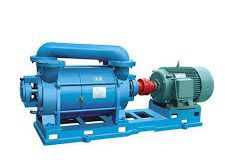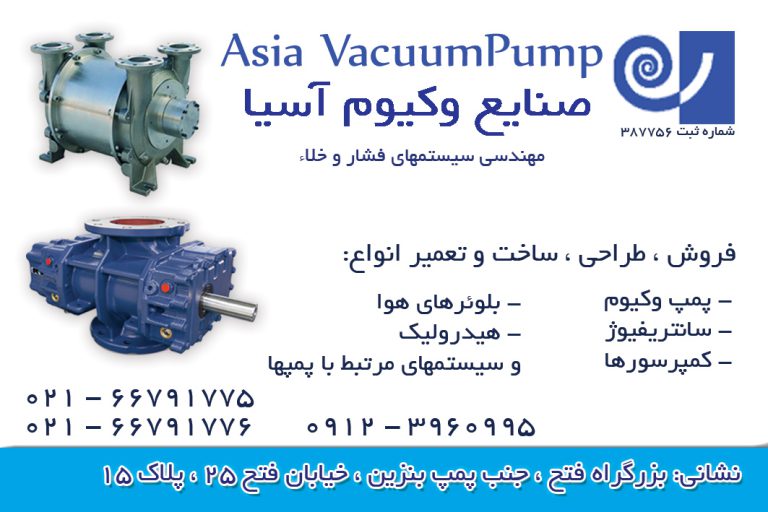Do vacuum pumps increase horsepower?
A vacuum pump, in general, is an added benefit to any engine that is high performance enough to create a significant amount of blow-by. A vacuum pump will, in general, add some horse power, increase engine life, keep oil cleaner for longer.
Yes, vacuum pumps can increase horsepower, primarily by improving ring seal and reducing parasitic drag on the engine. In high-performance and racing engines, vacuum pumps can help extract excess pressure from the crankcase, allowing for better piston ring sealing, and ultimately translating to more usable power.
Here’s a more detailed explanation:
- Improved Ring Seal:Piston rings are designed to create a seal between the piston and cylinder wall, preventing combustion gases from escaping into the crankcase and minimizing oil consumption. When pressure builds up in the crankcase, it can push against the underside of the piston rings, reducing their effectiveness and causing power loss. A vacuum pump removes this excess pressure, allowing the rings to seal more effectively and improving combustion efficiency.
- Reduced Parasitic Drag:The engine’s rotating assembly, including the crankshaft and connecting rods, generates some drag as it moves through the oil in the crankcase. A vacuum pump reduces the amount of oil slung onto the rotating parts, minimizing this drag and freeing up a small amount of power.
- Benefits in High-Performance Engines:Vacuum pumps are particularly beneficial in high-performance engines where higher cylinder pressures and increased blow-by can exacerbate the issues mentioned above. By reducing the crankcase pressure, vacuum pumps help these engines run more efficiently and produce more power.
- Power Gains:While the exact amount of horsepower gained varies depending on the engine and vacuum pump setup, gains of 10-25 horsepower are commonly cited, according to Eliminator Products. Some engine builders have reported even greater gains, such as 25 hp at 6,700 rpm when using a vacuum pump.
In summary, while a vacuum pump doesn’t directly add horsepower like a turbocharger, it can optimize engine performance by improving ring seal and reducing parasitic drag, ultimately resulting in a noticeable increase in usable horsepower, especially in high-performance applications.

